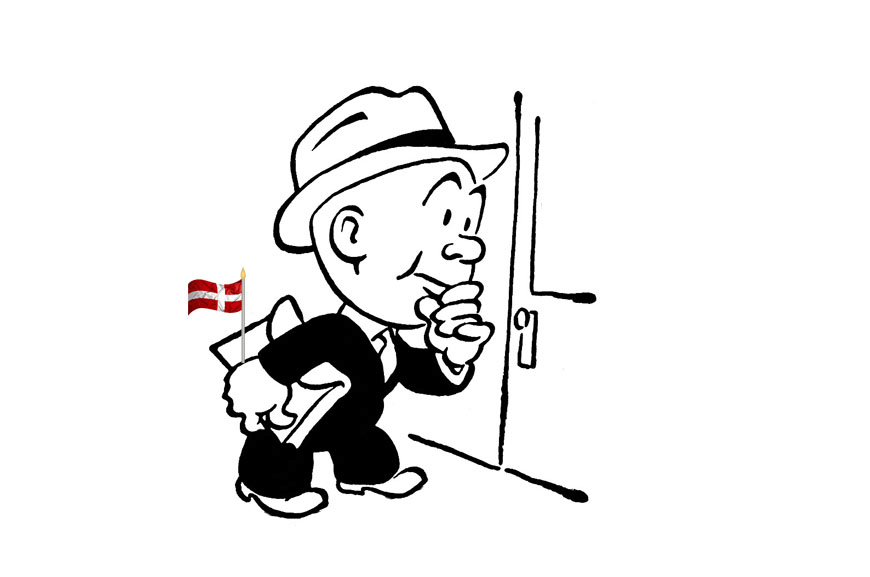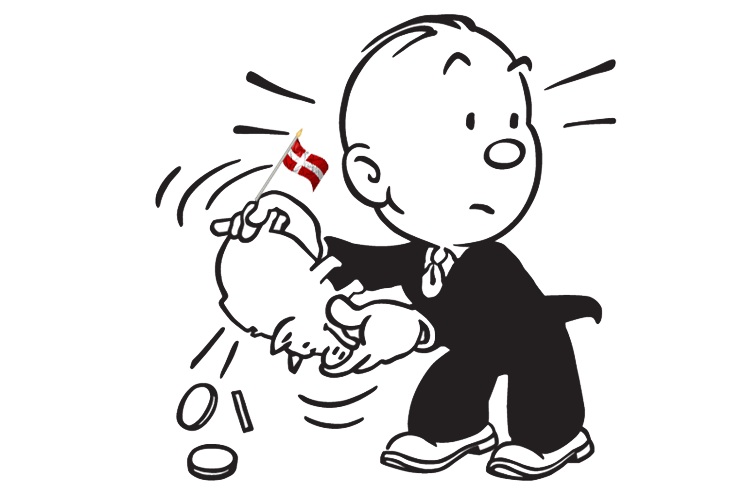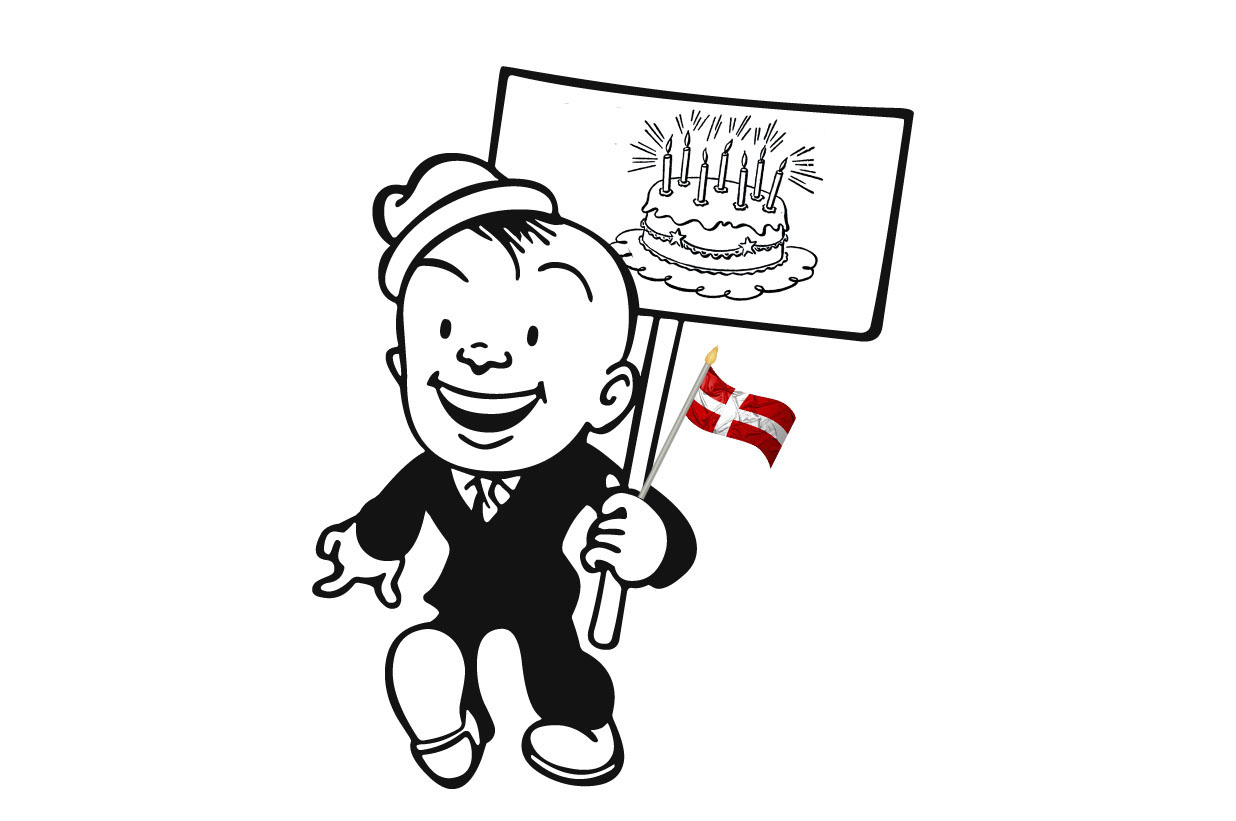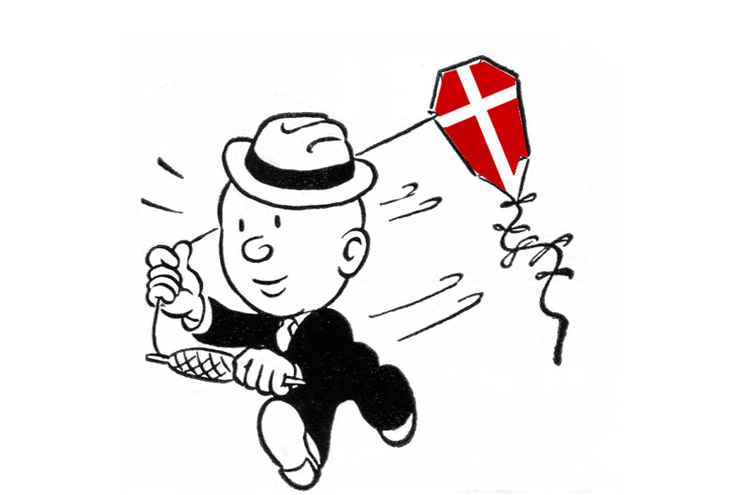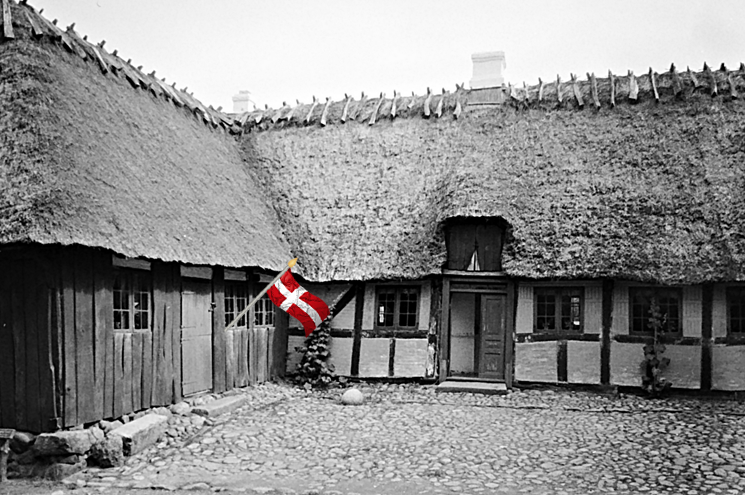If you enjoy my thoughts about Denmark and Danish life, you may be interested in following me on Quora, the question-and-answer site, where I write a lot about Denmark and other topics. You can also comment on my answers or ask questions of your own on Quora.
Some of my popular answers include:
What are some unspoken rules in Denmark?
What is bar culture like in Scandinavia?
What are certain things a foreigner should know before planning a holiday in Denmark?
What’s it like to study in Denmark for someone who is not very wealthy?
How does Denmark have more economic freedom than the United States of America?
Quora will let you read one or two answers before it asks you to sign up for the site, which is free.
Quora was started by two former Facebook employees in 2010 and is based in California. You can read more about it in the Quora Wikipedia entry.


